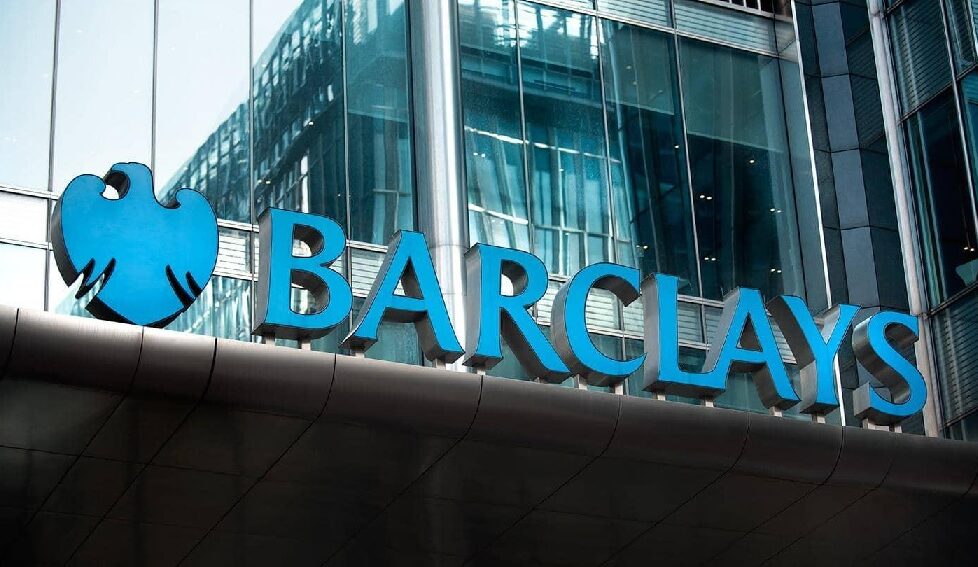Barclays Ramps Sustainable Finance Goal to $1 Trillion by 2030

UK bank Barclays announced today a new goal to facilitate $ trillion of sustainable and transition financing between 2023 by the end of 2030, marking a significant increase over its current targets of delivering £150bn of socialSocial criteria examine how it manages relationships with employees, suppliers, customers, and the communities where it operates. More and environmentalEnvironmental criteria consider how a company performs as a steward of nature. More financing by 2025, and £100bn of green finance by 2030.
The bank also said that it aims to ramp investments from its own equity capital in global climate tech startups to £500 million by 2027.
Commenting on the bank’s new goals, Barclays’ Group Chief Executive, C.S. Venkatakrishnan, said:
“Today’s announcements reinforce our group-wide strategic priority to capture the opportunities from the transition to a low-carbon economy. From facilitating financing for high-emitting sectors to adapt, to our own equity investments in climate-tech start-ups, to our support for customers and small businesses, Barclays’ diverse ecosystem has the capability and expertise to accelerate the transition across all aspects of the economies that we serve.”
Barclays’ sustainable financing target encompasses Green, SocialSocial criteria examine how it manages relationships with employees, suppliers, customers, and the communities where it operates. More, Transition and Sustainability-linked Financing for corporate, government and consumer clients, including the financing of green mortgages, energy efficient technology and renewable energy, and broader socialSocial criteria examine how it manages relationships with employees, suppliers, customers, and the communities where it operates. More and sustainability work, such as sustainability-linked structures and affordable housing.
The bank outlined actions it will take in order to hit the $1 trillion goal, including investments in its product platform, expanding sustainable debt financing and equity capital markets activity, and investing across business lines, geographies and sectors to further deepen relationships with customers and clients.
The announcements follow recent sustainable finance appointments at the bank, including the appointment in September of Daniel Hanna as Global Head of Sustainable Finance for the Corporate and Investment Bank, and of Marie Freier as Global Co-Head of Sustainable and Impact Investment Banking.
The new £500 million climate tech investment mandate represents a significant jump over Barclays’ current £175 million by 2025 goal. Barclays recently revealed that it has invested £84 million over the past two and a half years in startups targeting solutions to environmentalEnvironmental criteria consider how a company performs as a steward of nature. More challenges.
The bank stated that its next phase of investments will target decarbonization technologies aimed at enabling the transition within carbon intensive sectors, with a particular focus on carbon capture and hydrogen technologies, and emphasizing sectors of meaningful client exposure such as energy and power, real estate and transport.
Daniel Hanna, Barclays Global Head of Sustainable Finance for the CIB, said:
“Barclays is uniquely positioned to help scale the new climate technologies that will decarbonise industries and create green jobs. Many of the technologies that are required to achieve Net Zero have not yet reached commercial scale. Barclays can play a critical role though leveraging our experience as an advisor, bank, and investor through our Sustainable Impact Capital Programme to help accelerate their development and adoption.“
The post Barclays Ramps Sustainable Finance Goal to $1 Trillion by 2030 appeared first on ESG Today.